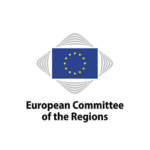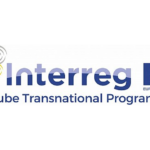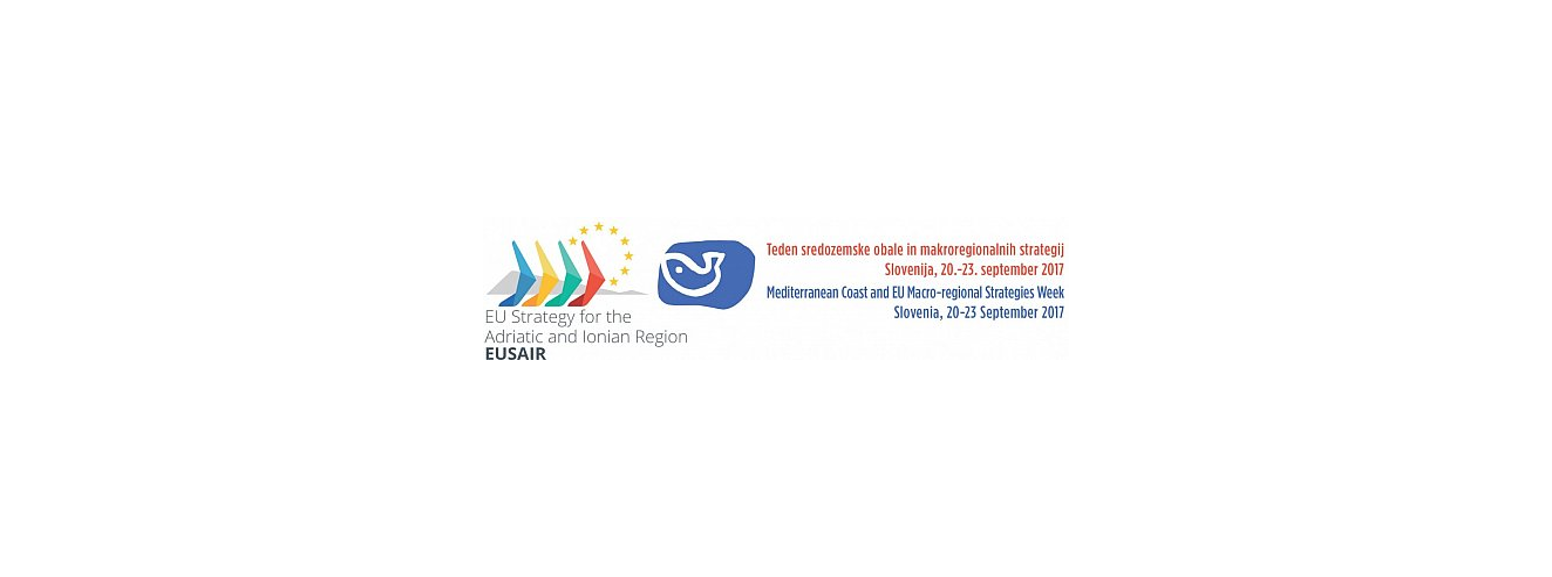IMPORTANCE OF MEDIA IN RECOGNITION OF MACROREGIONS – HOW TO COMMUNICATE MORE EFFECTIVELY?
The EU macroregional strategies conference on media and communication – know thy neighbour is aimed at bringing together media people, practicians, academia, general public and interested stakeholders from the four EU macroregional strategies (Baltic, Danube, AdriaticIonian and Alpine) to discuss how to improve the visibility of macro-regional strategies in the public sphere and how to strengthen the media support to macro-regional endeavors.
Globalisation has made countries more interdependent, and problems must now be addressed across borders. This calls for a reflection on how macro-regions, as new functional areas, can contribute to improving the implementation of EU policies.
The emergence of macro-regional strategies (MRS) has been driven by a number of EU countries and regions as a complement to traditional national policies on territorial management. The aim of a macro-regional strategy is to mobilise new projects and initiatives thereby creating a sense of common responsibility. They provide regional building blocks for pursuing EU-wide policy, marshalling national approaches into a more coherent implementation at the EU level.
But without proactive communication, no effort is really seen from the outside, by EU citizens and stakeholders. During the Mediterranean Coast and EU Macro-Regional Strategies Week organised under the Slovenian presidency of the EU Strategy for the Alpine Region (EUSALP) in September 2016, a proposal to create a single horizontal pillar for all 4 EU macro-regional strategies was presented – “the media/communication” pillar – that would be of help in creating sufficient visibility for macro-regional strategies’ joint endeavors and understanding, and support for the exchange of ways of thinking and acting within the MRS.
Join us in Portorož, Slovenia between 20th and 22nd of September!
Registration until 18th September here. The final program with speakers is available here. More information about the Mediterranean Coast and EU Macro-Regional Strategies Week is reachable here.




